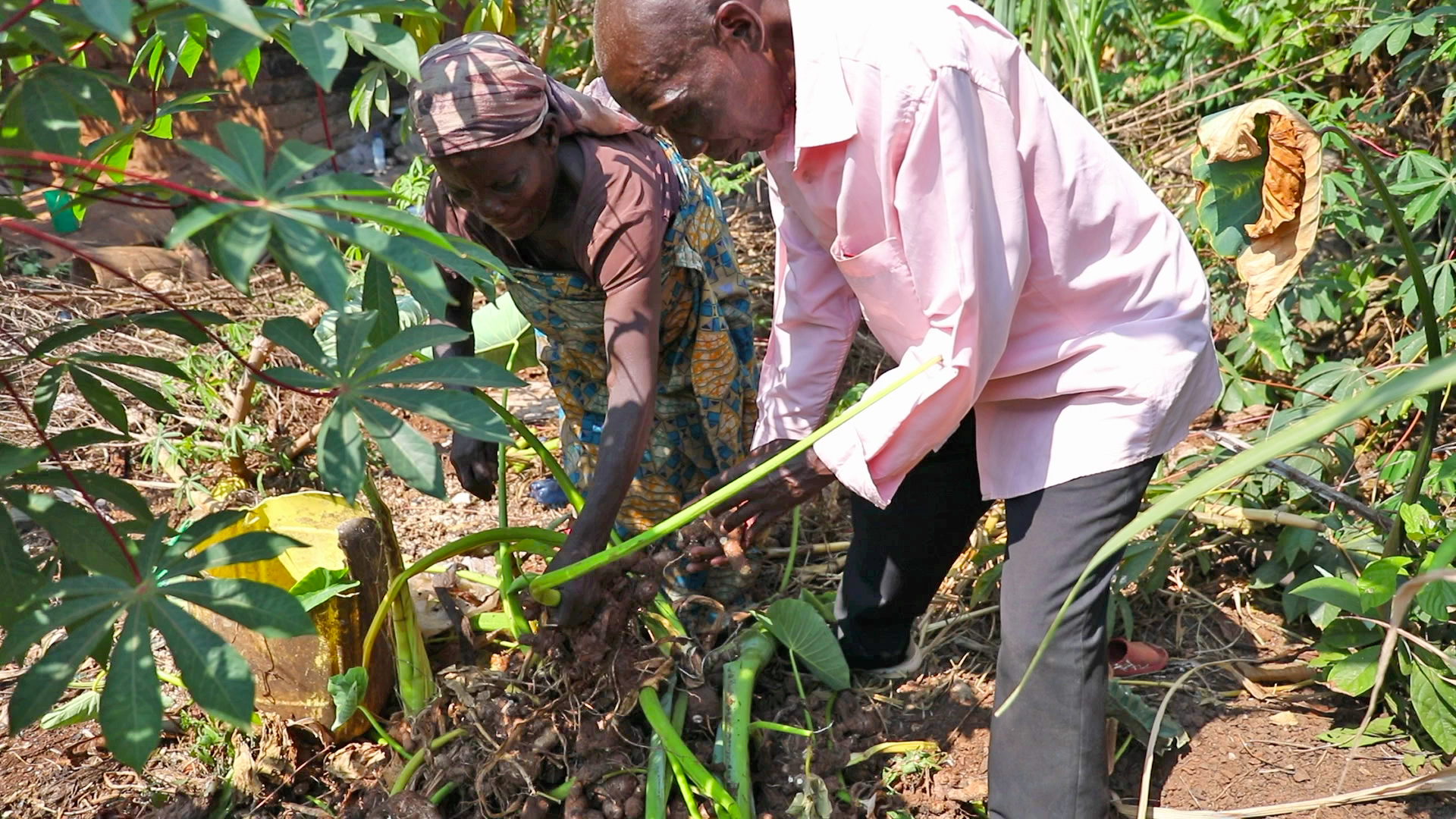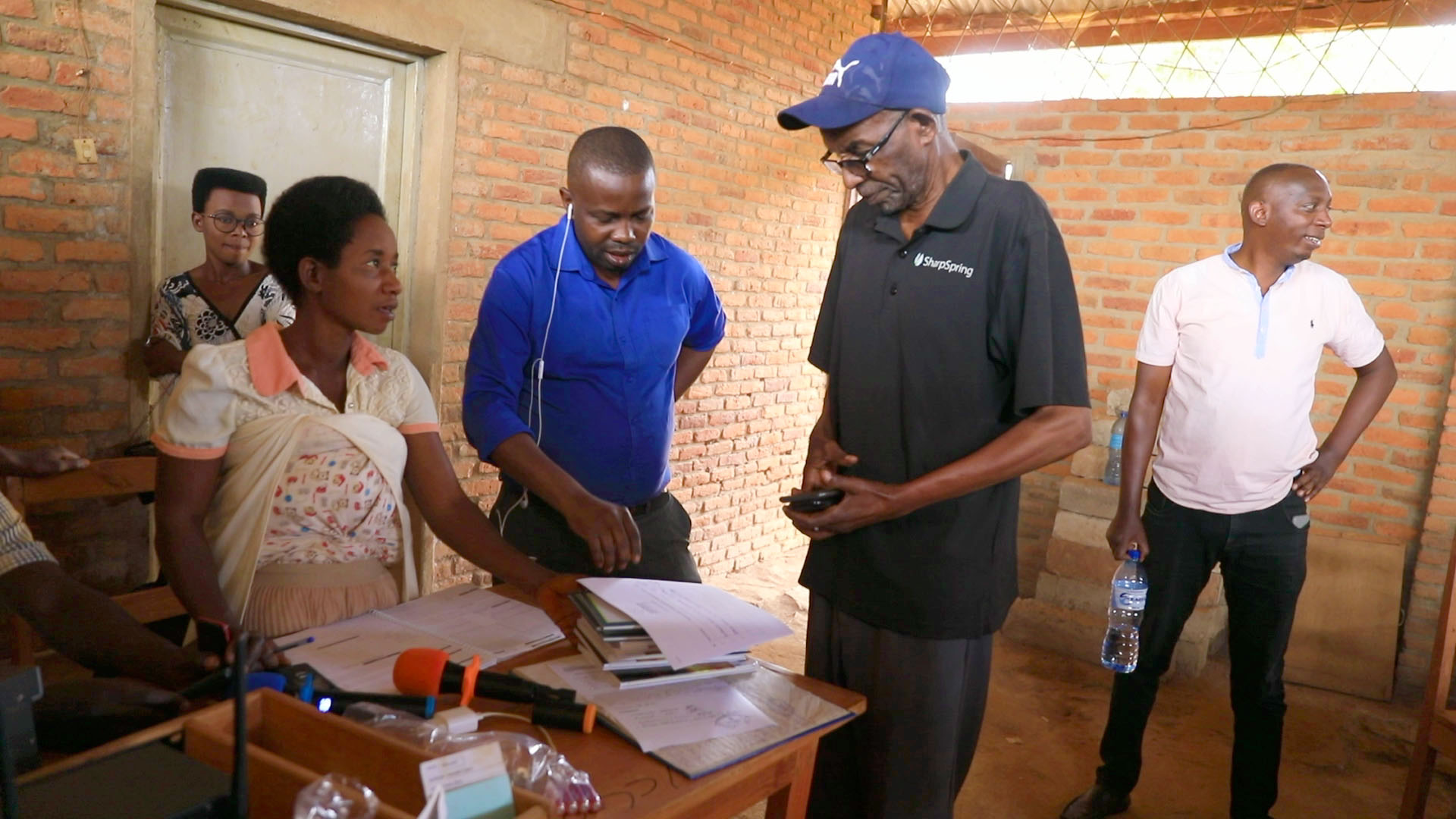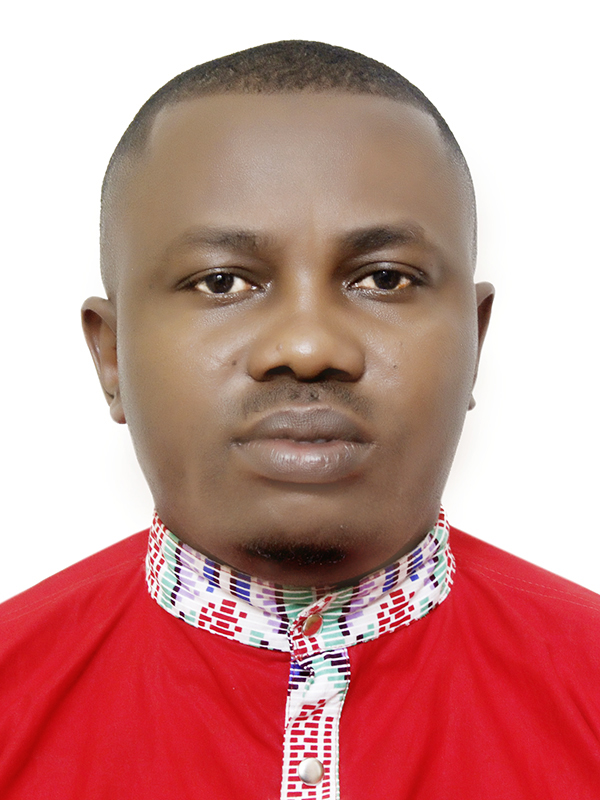
For over two years, Pascaline Nahimana has been doing something many would think was impossible—forgiving the people who killed her father and brother. She is one of many Burundians who lost loved ones in the country’s decades of conflict and war, which led to mass killings along ethnic lines. Hundreds of thousands of people were forced to flee to neighboring countries or displaced within Burundi.
Today, communities across the country are working hard to heal from the past—and to prevent violence from happening again in the future. One project helping with this is Dukomeze Kunywana (Strengthening Reconciliation), which was coordinated by a consortium that included AFSC, Cord, and Impunity Watch AFSC and partners. Over two years, thousands of people as well as civil society organizations took part in trainings on transitional justice, learning tools and strategies to address the violence of the past.
Community dialogues provided safe spaces for people to open discuss their experiences, including women and youth who are disproportionately impacted by conflict. For many young people, this was the first time they heard parents, grandparents, or other elders speak of the violence and loss they had experienced. Through these dialogues, people developed their own local memory initiatives to address past harms.
Participants also received psychosocial support, which is essential in helping survivors overcome trauma and reintegrate into their communities. In six provinces, psychosocial support centers were established, offering mental health services. Local community members were also trained as psychosocial assistants, providing basic support and connecting individuals to further assistance if needed.
Working toward community reconciliation is a long and difficult journey. But over the two-year project, community members have achieved tangible results. Young people are deepening their understanding of trauma faced by both their communities and others, and civil society organizations are better equipped to facilitate transitional justice processes.
Here are some testimonies from just some of the participants:
- “With my participation in the project, I realized that the truth I had learned differs from the truths of multiple sources. Thanks to the project’s activities, I have a better understanding of truths.”
- “All ethnic groups suffered. The Tutsis were killed, and so were the Hutus. So we must all reconcile. Dukomeze Kunywana helped me a lot. … Now we talk openly about the painful past.”
- “This project has helped us to show our children and grandchildren that the violence of our country’s past can never happen again on our watch. For us, this change is of the utmost importance.”
For Pascaline, participating in the project has made a big difference in her life. Before taking part, she didn’t want to interact with anyone belonging to the ethnic group that wasn’t her own. She blamed them all for her father and brother’s deaths.
“When the project arrived, the facilitators met me at home and explained the advantage of talking about painful experiences to reconcile us, but in the first days I was not convinced,” Pascaline recalls. “They insisted by inviting me to the dialogue sessions organized from the hill level. As I participated in the various activities of the Dukomeze Kunywana project, I ended up forgiving the perpetrators. Now we live together, and the wounds are being repaired.”
To hear more stories from participants, watch this video.

Thanks to our “Dukomeze Kunywana” Project funded by the European Union, AFSC Burundi program has established Dialogue frameworks and Trauma Healing initiatives. These initiatives contributed to community reconciliation and social cohesion in Makamba, Kayogoro, and Nyanza-Lac communes of Makamba Province and Kirundo, Bugabira, and Busoni communes of Kirundo Province.
